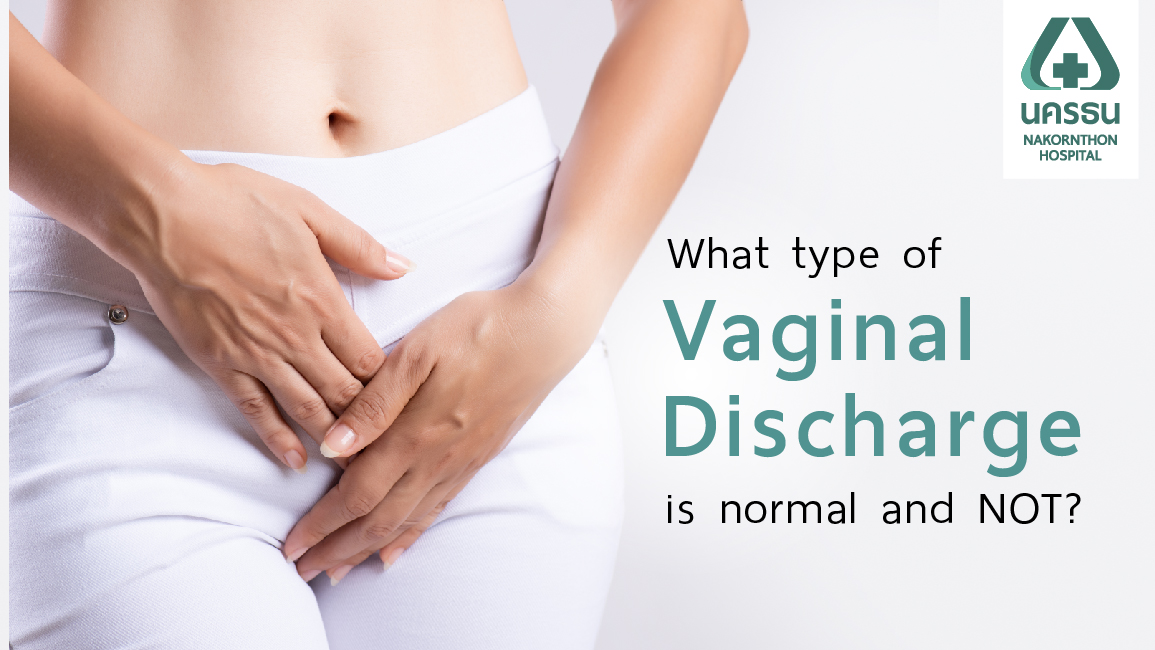Understanding Vaginal Dryness: Causes and Solutions
Vaginal dryness is a common condition that affects many women at various stages of life. It can lead to discomfort, pain during intercourse, and even emotional distress. Understanding the causes of vaginal dryness and exploring both natural and medical remedies can empower women to seek relief and improve their quality of life.
What is Vaginal Dryness?
Vaginal dryness occurs when the vagina does not produce enough natural lubrication, leading to a feeling of dryness, irritation, or discomfort. This condition can affect sexual activity and overall vaginal health, often resulting in symptoms such as:
– Pain during intercourse
– Burning or itching sensations
– Increased susceptibility to urinary tract infections (UTIs)
– Light bleeding after intercourse
While vaginal dryness can occur at any age, it is particularly prevalent during menopause due to hormonal changes.
Causes of Vaginal Dryness
The primary cause of vaginal dryness is a decrease in estrogen levels, which can happen for several reasons:
– Menopause: As women approach menopause, estrogen production declines significantly, leading to thinning and drying of the vaginal walls—a condition known as vaginal atrophy.
– Childbirth and Breastfeeding: Hormonal fluctuations during pregnancy and breastfeeding can temporarily reduce vaginal lubrication.
– Medications: Certain medications, including antihistamines, antidepressants, and anti-estrogen drugs, can contribute to dryness.
– Medical Conditions: Autoimmune disorders like Sjögren’s syndrome can affect moisture production in the body, including the vagina.
– Lifestyle Factors: Smoking, excessive alcohol consumption, high-stress levels, and inadequate foreplay before sexual activity can also exacerbate the issue.
Natural Remedies for Vaginal Dryness
There are several natural remedies that women can consider to alleviate symptoms of vaginal dryness:
– Water-Based Lubricants: These lubricants are effective during sexual activity to reduce friction and enhance comfort.
– Hydration: Drinking plenty of water daily helps maintain overall body hydration, which is crucial for vaginal moisture.
– Vaginal Moisturizers: Regular use of vaginal moisturizers can help maintain moisture levels. These products are designed specifically for internal use.
– Dietary Changes: Incorporating estrogen-boosting foods such as soy products (tofu, soy milk), flaxseeds, dried apricots, and broccoli may help support hormone balance.
– Avoiding Irritants: Choosing unperfumed soaps and personal care products can minimize irritation that contributes to dryness.
– Increased Foreplay: Engaging in longer foreplay can enhance arousal and natural lubrication during sexual activity.
– Natural Oils: Coconut oil or CBD oil can be applied externally to provide additional moisture and comfort.
Medical Treatments for Vaginal Dryness
If natural remedies do not provide sufficient relief, medical treatments may be necessary. Options include:
– Hormone Replacement Therapy (HRT): Estrogen creams or tablets can be prescribed to restore hormone levels in the body. These treatments are typically administered a few times a week.
– Vaginal Rings: These devices release a low dose of estrogen over time and are inserted into the vagina by the user.
– Laser Therapy: A newer option that stimulates collagen production in vaginal tissues, improving moisture without surgery.
– Prescription Lubricants: Some lubricants that may contain additional ingredients designed to enhance moisture retention are available by prescription.
When to Seek Help
If vaginal dryness persists despite trying various remedies or is accompanied by severe pain or other concerning symptoms (such as recurrent UTIs), it is essential to consult a healthcare provider. They can help determine the underlying cause and recommend appropriate treatments tailored to individual needs.
Conclusion
Vaginal dryness is a common issue that many women face throughout their lives.
By understanding its causes and exploring both natural and medical remedies, women can find effective ways to manage this condition. Open communication with healthcare providers about symptoms is crucial for finding relief and maintaining overall well-being. Whether through lifestyle changes or medical interventions, there are numerous options available to help restore comfort and confidence.




